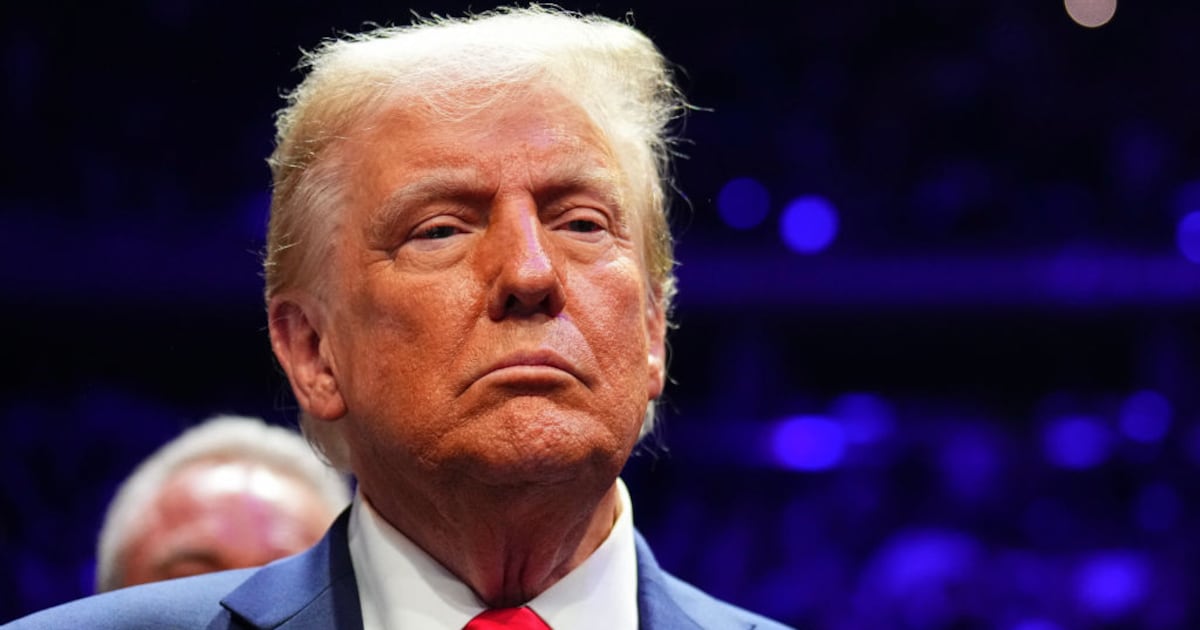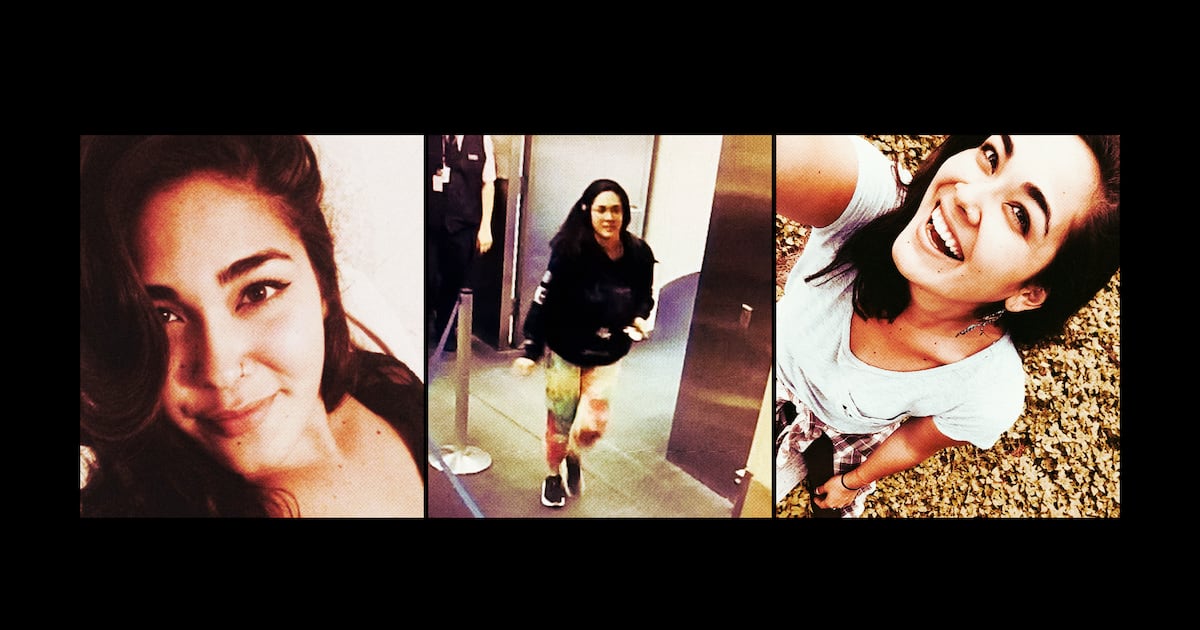LONDON—A love-him-or-loathe-him debate that’s divided Britain for more than 100 years burst back to life in a trendy North London café.
The bemused middle-class lunch crowd at Blighty was left spluttering into their flat whites when a small cadre of protesters burst into the dining room and staged an awkward, theatrical protest against the establishment’s décor.
Students from the School of Oriental and African Studies—part of the University of London—barged into the dining room at around 12:30 p.m. two Saturdays ago and recited some of Churchill’s quotes, including: “I hate Indians. They are a beastly people with a beastly religion.”
ADVERTISEMENT
They said Churchill was a racist and a war criminal.
The man at the center of this century-long dispute was Britain’s most bellicose, its drunkest and—quite possibly—rudest prime minister. He was also the greatest leader in the nation’s history—and the vanquisher of Adolf Hitler’s Nazi hordes.
A life-size statue of Sir Winston Churchill sits at one of the downstairs tables in front of a mural of Blitz-hit London.
Above him are model Spitfire fighter planes hanging from the ceiling and a chalkboard menu that features a full English breakfast called The Winston.
Despite the nods to nostalgia, the café wears its patriotic theme lightly. The set up could hardly be more to the liking of the hip London set complete with reclaimed boxes for seats, improvised tables and eclectic vintage furniture.
There’s a sign in the window promising that someone will explain how they make the sourdough bread if anyone is curious, the breakfasts are available in vegetarian, vegan, and gluten-free versions. The workspace upstairs is discounted for local young entrepreneurs, the café sources its coffee from Commonwealth countries and the business operates a microfinance scheme to help women in India and Rwanda.
The name Blighty comes from an affectionate nickname for Britain, which was popularized during the Second World War. It always had a self-deprecating edge—“Good old Blighty”—rather than being a sign of serious patriotic fervor.
“I didn’t even realize that [model] was supposed to be Churchill,” Shanthi Sivanesan, a copywriter from nearby Stoke Newington who was having coffee with a friend, told The Daily Beast.
Like many of the customers, she said she hadn’t particularly thought about the coffee shop’s motif. “It’s not like it’s called Britain First café,” she said.
Sivanesan was referring to the nationalist street-protest group whose Islamophobic social-media posts were retweeted by President Trump late last year.
Britain First, however—like many far-right groups—has used Churchill’s memory and some of his more offensive pronouncements to rally supporters. There are plenty of examples of the wartime leader using derogatory language to describe other races and cultures, which he undoubtedly considered inferior to white Christians.
His first major political job had been as minister for the colonies—thus presiding over Britain’s global empire at the start of the 20th century. He would go on to become Gandhi’s most fervent opponent—wanting to “crush” him and his independence movement.
When Churchill gave evidence at the 1937 royal commission on Palestine, which sought to come up with a solution for another of Britain’s restive territories, he made it quite clear that he felt subjugation by white leaders was entirely beneficial to the inferior local inhabitants.
“I do not admit for instance, that a great wrong has been done to the Red Indians of America or the black people of Australia. I do not admit that a wrong has been done to these people by the fact that a stronger race, a higher-grade race, a more worldly wise race to put it that way, has come in and taken their place,” he said.
Even during his time, these views were extreme. Churchill was virtually exiled from the Conservative Party due to the strength of his feelings about maintaining a grip on India in the interwar years.
Later, when he was commanding the Second World War effort, Churchill was blamed for the deaths of more than 2 million people in India when he forced the colony to keep supplying Britain with grain but dismissed pleas to send emergency supplies of rice.
“He was a bastard, but he was our bastard,” said Mark Leighton, an artist and musician who lives opposite Blighty. He was sitting in the café’s back yard—beside an old air-raid shelter—with a feather through his woolly hat. “These protesters are cherry-picking history,” he said. “As soon as the Germans rolled through France there wasn’t one person in this country who didn’t think we were next.”
Gary Oldman is expected to pick up an Oscar for his complex portrayal of Churchill in Darkest Hour. He plays him as a cantankerous old drunk, who alienates everyone. His wife begs him to be more polite, and even the king admits he is terrified. “You scare me,” he says to Oldman’s Churchill.
Of course, Churchill’s stubbornness and willingness to risk the lives of millions of people ultimately forged his greatest achievement—beating back the fascist advance on Western civilization.
When John Lithgow was in London to shoot The Crown, in which he plays Churchill, he told The Daily Beast how intimidating it was for an American to try and inhabit one of Britain’s best-known and most hotly contested historical figures.
“He’s such a major character to Britain—everybody has their favorite Churchill stories, he’s just part of the furniture, the landscape,” he said. “The reason the population loved him or hated him—and they did both—was because he absolutely said what he believed ferociously. Before the war started, people were saying: Churchill that war monger! He’s practically bloodthirsty.”
So much blood was spilled, but Churchill was adamant that he had chosen the right side and history proved him to be correct.
Sitting next to the Churchill statue, the café’s owner, Chris Evans, said there was no need to come up with a binary verdict on Britain’s most decisive leader.
“Look, he’s flawed; doesn’t mean you can’t celebrate the good things about him; you’ve got to be nuanced about it. We’ve never said, ‘Oh he’s a perfect person,’” Evans told The Daily Beast.
“It’s like anything, if you try to analyze a person or a country in a one-sentence answer it’s a silly thing to do—you can’t discuss someone’s life, all 90 years of it—and come to one conclusion; good or bad.”
For the small band of protesters, the bad outweighs the good.
Most of them have refused to further explain their protest, and did not respond to The Daily Beast’s requests. One of the protesters, Shukri Habib Ali, broke the silence with an essay in the New Statesman magazine.
He said his Pakistani-British heritage made it hard for him to disregard the brutality of the British empire. “Churchill cannot be disentangled from this bloody colonial history. His instrumental involvement in the Bengal famine, his blasé attitude toward South African concentration camps, and declarations such as “the Aryan stock is bound to triumph” have understandably lead me to question his heroism,” he wrote.
If the protesters’ aim was to force the café to reconsider its style in the wake of a customer boycott, that plan has backfired spectacularly. There seems to have been an uptick in customers and—perhaps more importantly—online sympathizers have pushed the café into the top 20 coffee and tea shops in London on TripAdvisor, ensuring that ever more potential customers discover the existence of the establishment, which is found in an otherwise uninspiring stretch of Blackstock Road.
While the British media has been spinning up attacks against the “unpatriotic” students, Evans has been careful not to criticize the protesters.
“I’d love to have a debate with them, I think they are avoiding having a debate because I feel that they’re arguments aren’t strong, I feel like they are a little bit naïve,” he said. “I mean, look guys, if you can’t celebrate Winston Churchill are you saying that you can’t celebrate any British person ever?”
Boris Johnson, the foreign secretary who believes himself to be some kind of Churchill heir-apparent, used much stronger words. “Disgraceful attack on our finest ever wartime leader by hard-left mob,” he wrote.
There are no such recriminations inside the café. Pasted onto the walls of the toilets are old copies of a humor magazine called Blighty that was posted out to troops on the frontlines during the Second World War. The tag line is: Blighty: Laughs Its Way to Victory.
“Yes, that was the idea of this place,” said Evans. “Humor, self-deprecating and not too serious. Now it’s all got a bit out of hand.”






